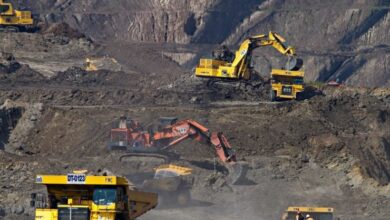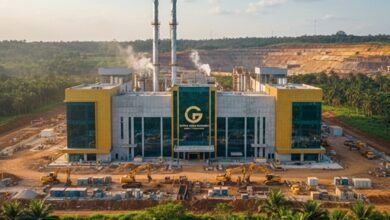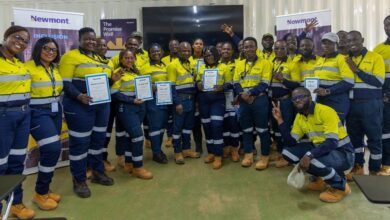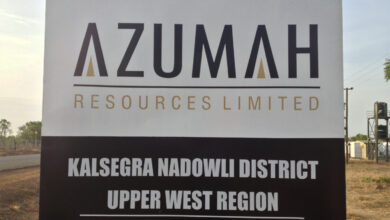Clean energy transition hinges on sustainable mining practices in Ghana- NRGI
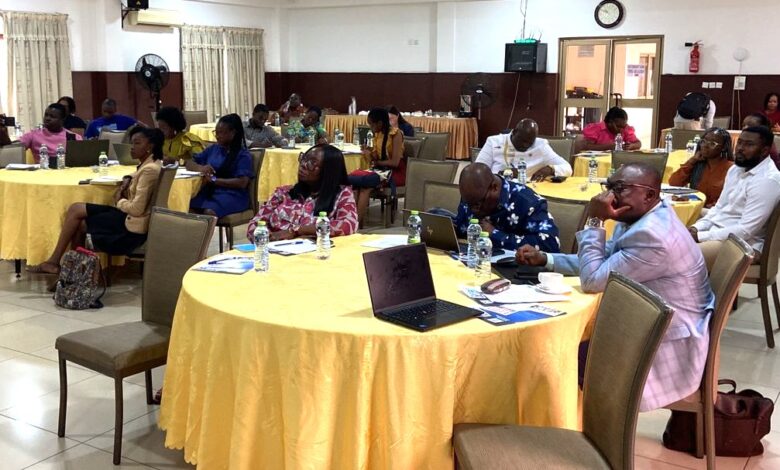
The global energy transition relies heavily on critical minerals such as lithium, cobalt, and copper, which are vital for renewable energy technologies. However, their extraction presents significant challenges, including risks to communities, ecosystems, and human rights.
At a workshop in Accra for media professionals and Civil Society Organisations (CSOs), the Natural Resource Governance Institute (NRGI) highlighted the need for urgent reforms to maximize the benefits of these resources for countries like Ghana while addressing their inherent risks.
Transition Minerals and Governance Challenges
NRGI’s Economic Analyst, Mr. David Sefa Adjei, underscored the delicate balance between leveraging these resources for development and preventing environmental and social exploitation. He noted that nearly 40% of the world’s critical mineral reserves are found in regions with weak governance systems, making sustainable mining practices a significant challenge.
“Over half of the reserves for transition minerals are located on lands where Indigenous or peasant communities hold rights,” Mr. Adjei stated. “Without robust governance, these communities face risks of displacement and rights violations.”
Environmental and Social Impacts
While critical minerals are essential for renewable energy solutions, their extraction has severe consequences:
- Water Scarcity and Pollution: Extracting one tonne of lithium requires over 2 million liters of water, with 50% of global copper and lithium production occurring in water-scarce areas. In Ghana, illegal mining has polluted 60% of water bodies in the Central Region, according to the Forestry Commission.
- Deforestation and Biodiversity Loss: Mining activities have destroyed 38 forest reserves in Ghana, damaging ecosystems and reducing carbon storage capacity.
- Greenhouse Gas Emissions: Despite enabling renewable energy, mining processes remain energy-intensive and contribute to climate change.
- Human Rights Abuses: Poorly regulated mining sectors often involve child labor and the displacement of Indigenous communities.
Recommendations for Sustainable Mining
To address these challenges, the NRGI proposed several measures:
- Stronger Regulations: Governments must enforce stringent environmental and social standards in mining activities.
- Community-Centric Policies: The rights of local communities, Indigenous groups, and workers must be prioritized in policy decisions.
- Collaborative Efforts: Governments, corporations, and civil society should collaborate across the supply chain to ensure value creation and accountability.
- Sustainability Standards: Binding mechanisms should hold mining companies accountable for their environmental and social impacts.
Ghana’s Path to Sustainable Mining
As Ghana strives to capitalize on its mineral wealth, the country faces growing pressure to mitigate the damage caused by illegal mining and unsustainable practices. The destruction of forests and pollution of water bodies underscore the urgency of adopting sustainable approaches.
“Collaboration among stakeholders is essential to overcome these challenges and create value across the mineral value chain,” Mr. Adjei emphasized.
As global demand for transition minerals rises, Ghana and other resource-rich nations must implement governance frameworks that protect their environment and communities. By adopting a balanced approach, these countries can contribute to a cleaner energy future without sacrificing their natural resources or social well-being.

